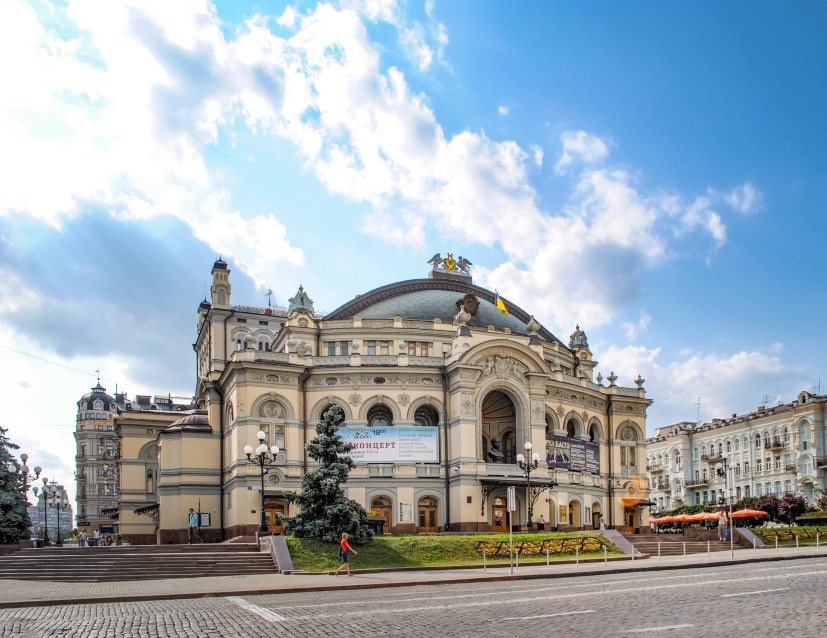
In a groundbreaking cultural move, the National Opera of Ukraine in Kyiv replaced the classical Russian repertoire that long dominated its stage with a British ballet: Frederick Ashton's La Fille mal gardée. The new production, which premiered this weekend, is both a celebration of artistic beauty and a powerful political message: Ukraine is asserting its cultural independence from its aggressor by reshaping the very identity of its national institutions.
For decades, Kyiv's opera and ballet companies featured a steady rotation of works by Russian giants: Tchaikovsky's Swan Lake and The Nutcracker, Prokofiev's Romeo and Juliet, and Stravinsky's The Firebird were among audience favorites. Russian composers, dancers, and choreographers were staples of the Ukrainian stage, a legacy of Tsarist imperialism and Soviet-era arts policy that elevated Russian culture above all others in the region.
"Traditionally, our audiences came expecting Russian classics," said Nobuhiro Terada, the Japanese-born ballet director of the National Opera told The Guardian. "It was what we were known for, what we were trained in. But after the invasion, everything changed. The war forced us to rethink our values."
That rethinking has culminated in La Fille mal gardée — a lighthearted, English ballet from 1960 that tells the story of young lovers outwitting parental interference. With its humorous characters, maypole dancing, and pastoral charm, Ashton's piece is the antithesis of the dramatic, high-stakes Russian ballets Ukraine once relied on. Yet it is precisely that difference that now makes it essential.
A Symbolic and Strategic Break
The new production isn't just about aesthetic taste. It's a strategic cultural decision born from wartime necessity. Since 2022, Kyiv has faced widespread destruction, missile attacks, and conscription of artists. Yet the National Opera remains open — and determined.
The performance of La Fille mal gardée is made possible in part by British support. Former Royal Ballet principal Ivan Putrov, who is Ukrainian, spearheaded the fundraising campaign, with sculptor Antony Gormley and other artists contributing by waiving fees. The production is expected to run for at least five years.
"For many Ukrainians, hearing Russian music right now feels unbearable," said Terada. "Even if the composers lived in a different era, their music has become part of the aggression, of the propaganda machine. We had to find another way."
A New Identity for a New Ukraine
While the decision has drawn some criticism — including from dancers who view art as transcending borders — it's largely been embraced as a necessary act of national self-definition.
Daniil Silkin, a combat medic-turned-dancer, put it bluntly: "You can't play Tchaikovsky in a city that was just bombed by Russian missiles. That's not neutrality — it's cruelty."
With this production, Ukraine's National Opera joins a wider cultural movement across the country: to reclaim space, tradition, and narrative. By stepping away from Russian works and embracing the international stage, Kyiv is dancing toward a future that is both freer and more its own.